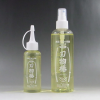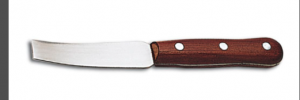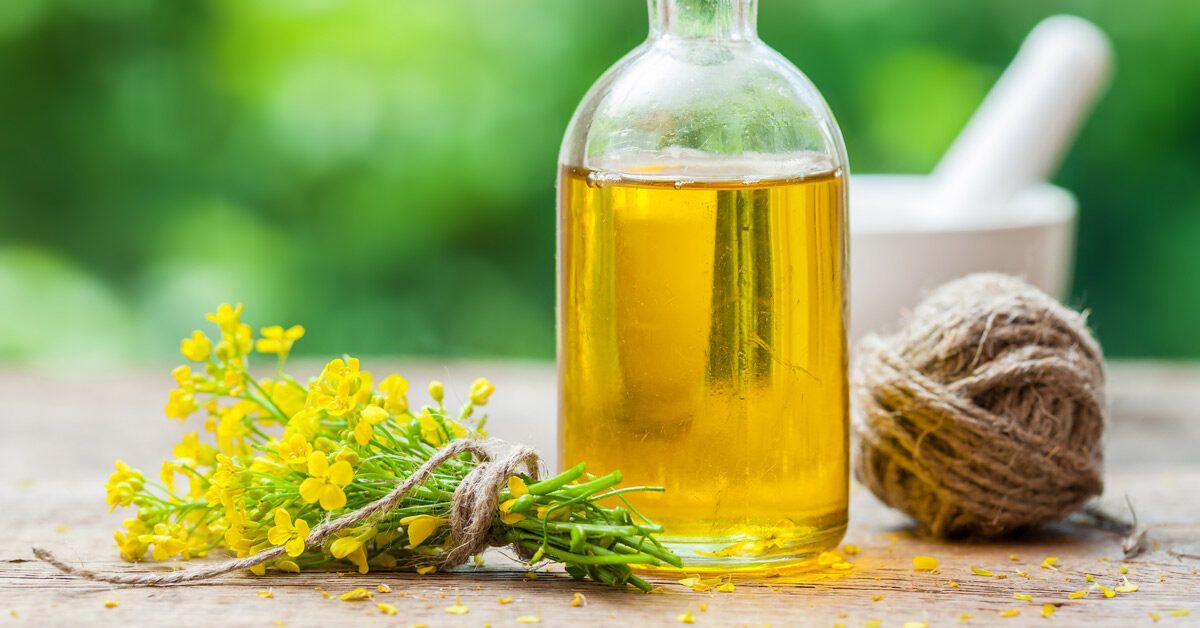As long as you are not eating it, there is no concern. There is a type of flaxseed oil that if properly processed is sometimes used as a dietary supplement, however since it has to be pressed under specific conditions, it's pretty expensive and so doesn't make much sense to use as a wood preservative. There is more to it than just purity standards, my understanding is that the nature of the oil changes if it's hot or cold pressed, and raw linseed oil is still not safe for human consumption in any real amounts (or it may just be a rather potent laxative, I'm not sure.




